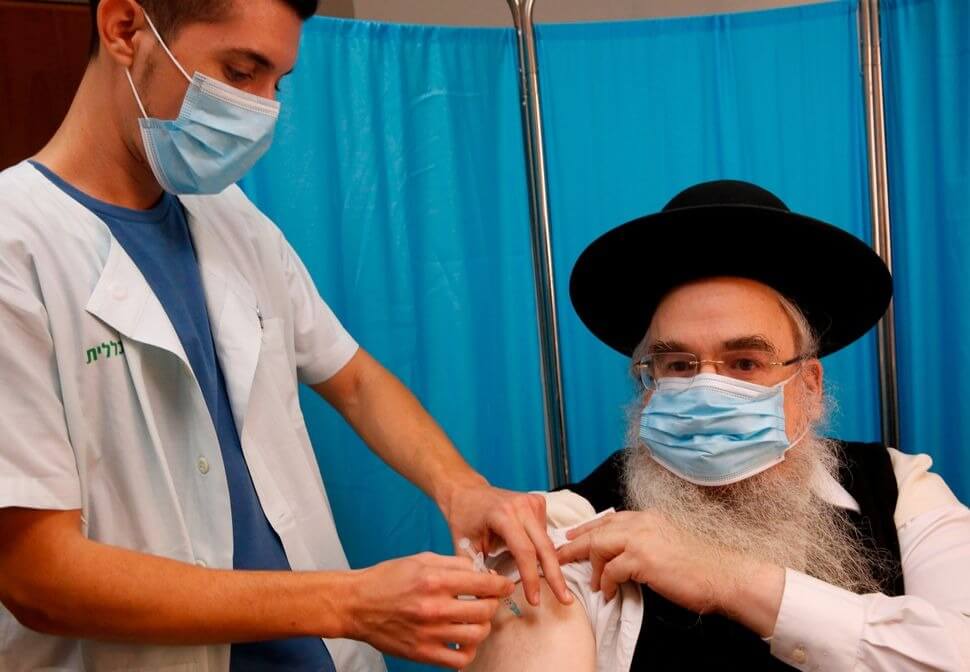
This article originally appeared on Haaretz, and was reprinted here with permission. Sign up here to get Haaretz’s free Daily Brief newsletter delivered to your inbox.
The government has slashed more than 70 percent of the funding it has been giving to organizations that provide mental health support since the coronavirus pandemic erupted in 2020.
Due to the pandemic’s impact on mental health, the Health Ministry started giving these organizations additional funding. But with the pandemic over, it says, there is no longer any need for the extra funding.
Yet data from one such organization, Eran – Emotional First Aid, indicates that the number of appeals for assistance remains higher than it was before the coronavirus crisis. Eran says it has helped some 300,000 people just over the last year.
The funding cuts will hurt roughly 15 organizations. These include Eran, which provides telephone and online assistance; Natal – Israel Trauma and Resiliency Center, which specializes in trauma caused by war or terror attacks; and the Israeli Center for Cult Victims.
Eran’s government funding, for instance, has fallen from 5.5 million shekels in 2020 to just 1.6 million shekels ($420,000) this year, even less than the years preceding the coronavirus. In 2018 and 2019, Eran received over 2 million shekels from the state.
The Health Ministry’s baseline budget for psychological support organizations comes to 3.7 million shekels. In 2020, it added 9.5 million shekels due to the pandemic. The extra funding shrank in subsequent years, but remained substantial – 6 million shekels in 2021 and 3 million shekels in 2022. This year, there is no extra funding, so the budget has remained at 3.7 million shekels.
But Eran says the number of people seeking mental health assistance remains higher than it was before the coronavirus. In 2019, some 200,000 people contacted the organization. In the first half of this year, the figure was 130,000.
Eran runs a network of 1,650 volunteers who provide psychological support via 18 telephone hotlines and an online help site. Five of those hotlines, which serve nighttime callers, are located in the United States and Australia and staffed by Israelis living there, since due to the time difference, Israel’s nighttime hours overlap with normal work hours in those countries.
But given the increase in calls, the organization says it needs around 400 additional volunteers plus more hotlines, which will cost money. In particular, it says, the budget cut endangers the training sessions it had planned for volunteers to help them provide assistance effectively.
The Health Ministry said it “doesn’t support the organizations, but activities that provide psychological first aid. The amount of support the ministry provides for this issue, minus the coronavirus addition, has remained unchanged. However, over the years, additional organizations have entered this field, and the total is divided among them based on the standard criteria for this purpose.”
Eran claims that its operations “are a key and essential part of the mental health field and provide service to all Israelis without exception. However, even though in practice the organization is a genuine national agency, with many decades of activity during which Eran has provided service 24/7 every day of the year for every type of mental distress, both via its hotline and online,” its state funding still comes through an end-of-the-year grant whose size can vary.
“The increase in the scope of its operations, even relative to the years before the coronavirus, in comparison with the funding reduction … merely underscores the need” for the organization to be funded “the way all other essential emergency services are,” it added.
The post Israeli government cuts support to mental health organizations by 70% appeared first on The Forward.
The post Israeli government cuts support to mental health organizations by 70% first appeared on The News And Times – thenewsandtimes.com.
